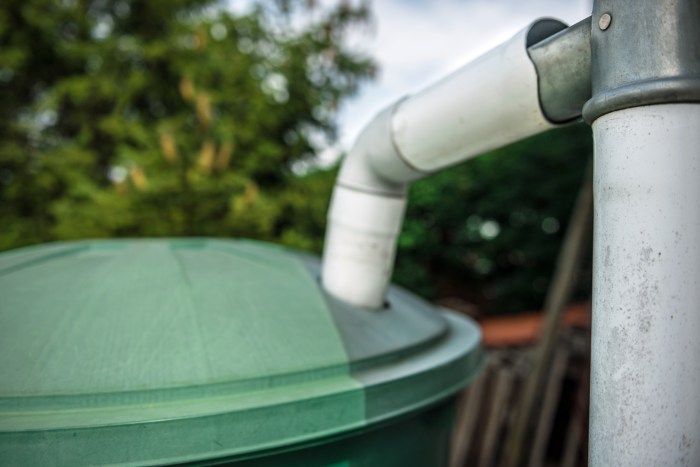Jamaican police and enforcement officials are not likely to arrest and try to convict or jail anyone for having a mere two ounces of marijuana in their possession because a new ground breaking law passed by both houses of the island’s parliament recently makes such possession legal as of Wednesday, April 15.
The Dangerous Drugs Amendment Act 2015 was advertized in the official gazette this week and named April 15 as the date when the law comes into effect.
By doing so, Jamaica, a key member of the 15-nation Caribbean Community, has now advertently or inadvertently put enormous pressure on other neighboring member states to begin seriously considering whether they would follow suit as the tide against jailing people for use and possession of small amounts of weed is rising across the region.
The legalization of the narcotic in Jamaica comes as Caribbean group leaders prepare to meet in Barbados at their main annual summit in early July to discuss that and a plethora of other agenda issues including suing Britain and other white colonial powers for enslaving Black Africans in the region.
Some of the more progressive heads of government such as Ralph Gonsalves of St. Vincent, Portia Simpson-Miller of Jamaica and Kamla Persad-Bissessar of Trinidad had tabled the issue at previous summits, asking for a preliminary study and later for a full take on the issue with a view to changing the traditional attitudes and positively amending legislation.
By itself, Jamaica wants to take advantage of the fact that many of the millions of northerners who visit the island as tourists each year as well as locals would have no problem indulging legally in addition to the fact that the island can make millions from the medical marijuana industry as being done in the nearby U.S.
Still, the official announcement about the gazaetting of the so-called “Ganja Law” speaks about “a number of positive implications for the island of three million and a similar number of tourists who come by cruise ships or by air annually.
First it argues that the new legislation will “strengthen respect for the rule of law and would “build a more just society by eliminating a common cause of corrosive antagonism between the police and young men, particularly in less affluent communities.”
If that is not enough, it talks as well about the fact that there will be fewer or no prosecutions for people with minimal amounts of weed being hauled before the courts, “reducing the heavy burden of cases on the resident magistrates’ courts.”
But if legendary Reggae international superstars such as Bob Marley, Peter Tosh and Gregory Isaacs were alive today, their decades of lobbying for legalization would have been palpably vindicated by the act of parliament as the announcements lists as positive that society now “acknowledges the constitutional rights of the Rastafari community who use ganja as a sacrament.”
But determined not to be upstaged by individual American states, government said that the whole scenario now sets the stage for the “emergence of a lawful, regulated legitimate medicinal and industrial marijuana industry that may have significant economic opportunities and benefits. This is a landmark piece of legislation, that is long overdue,” noted Senator and Justice Minister Mark Golding. “Jamaica is approaching these reforms in a responsible manner and in keeping with our international obligations. The benefits of these reforms will be significant, and the possible negative implications will, for the first time, be mitigated by a public education campaign to discourage ganja use by adolescents, persons with mental disorders, pregnant women and other vulnerable groups,” he said.
























